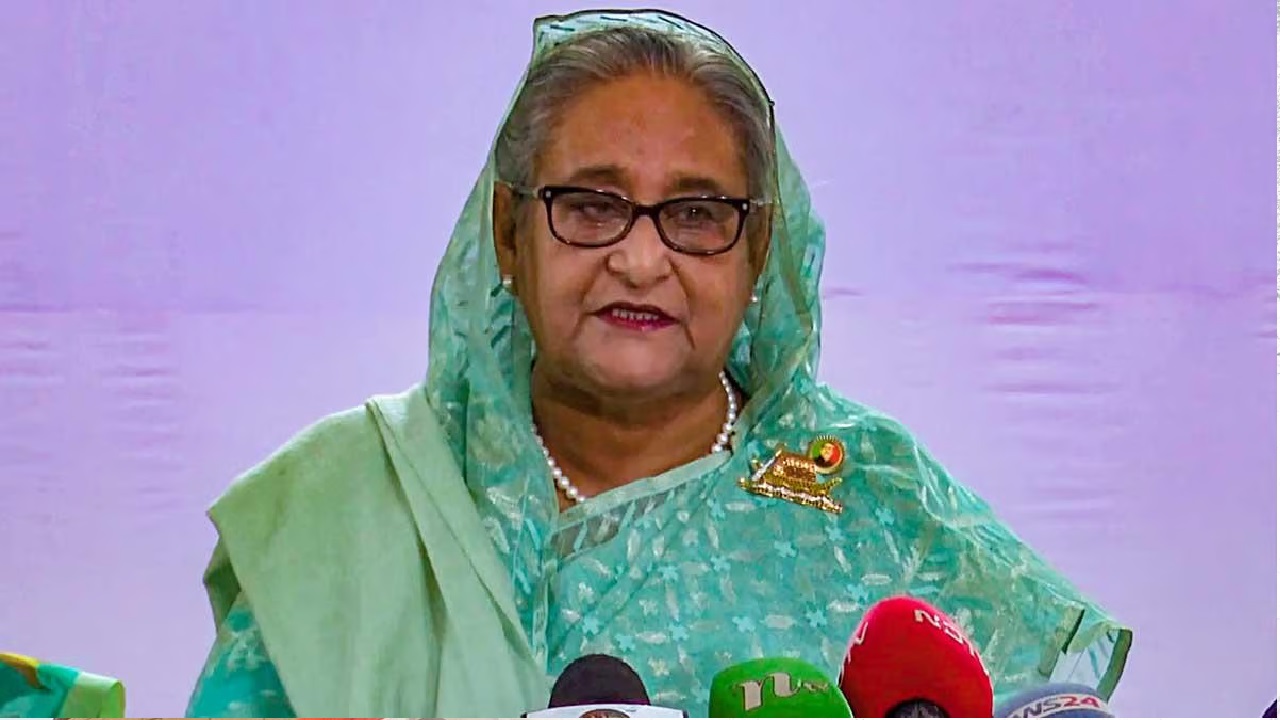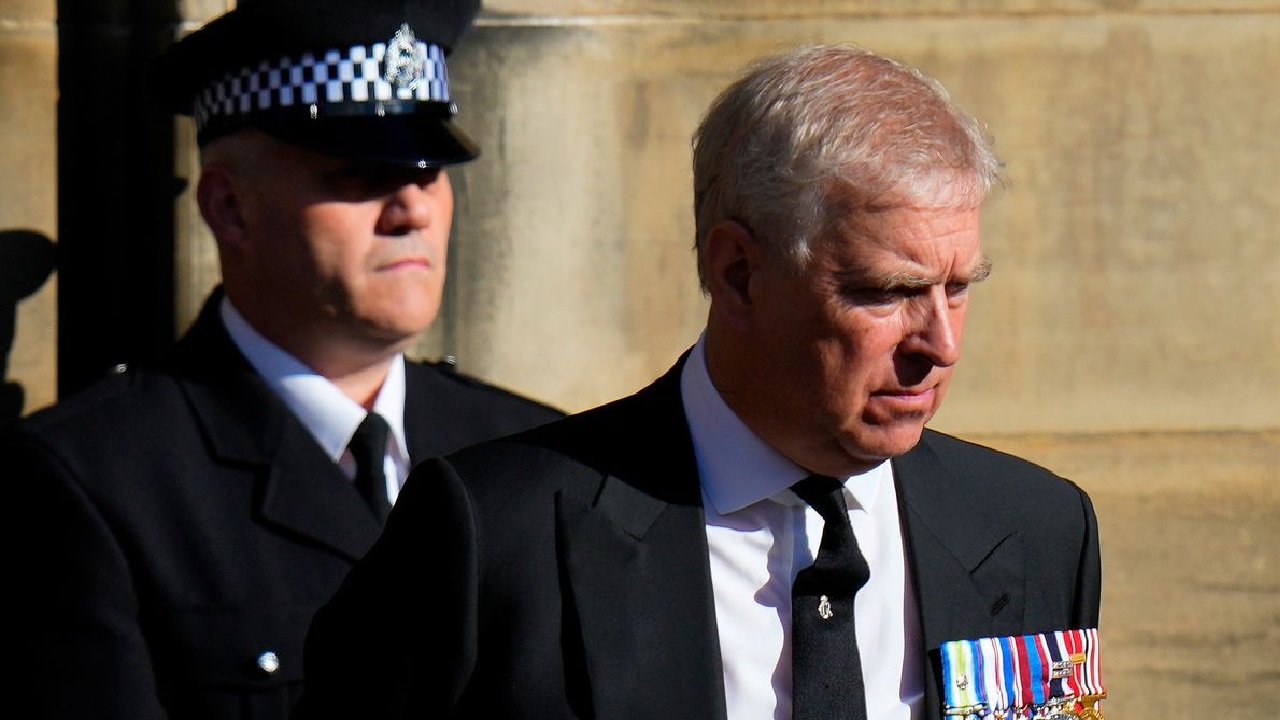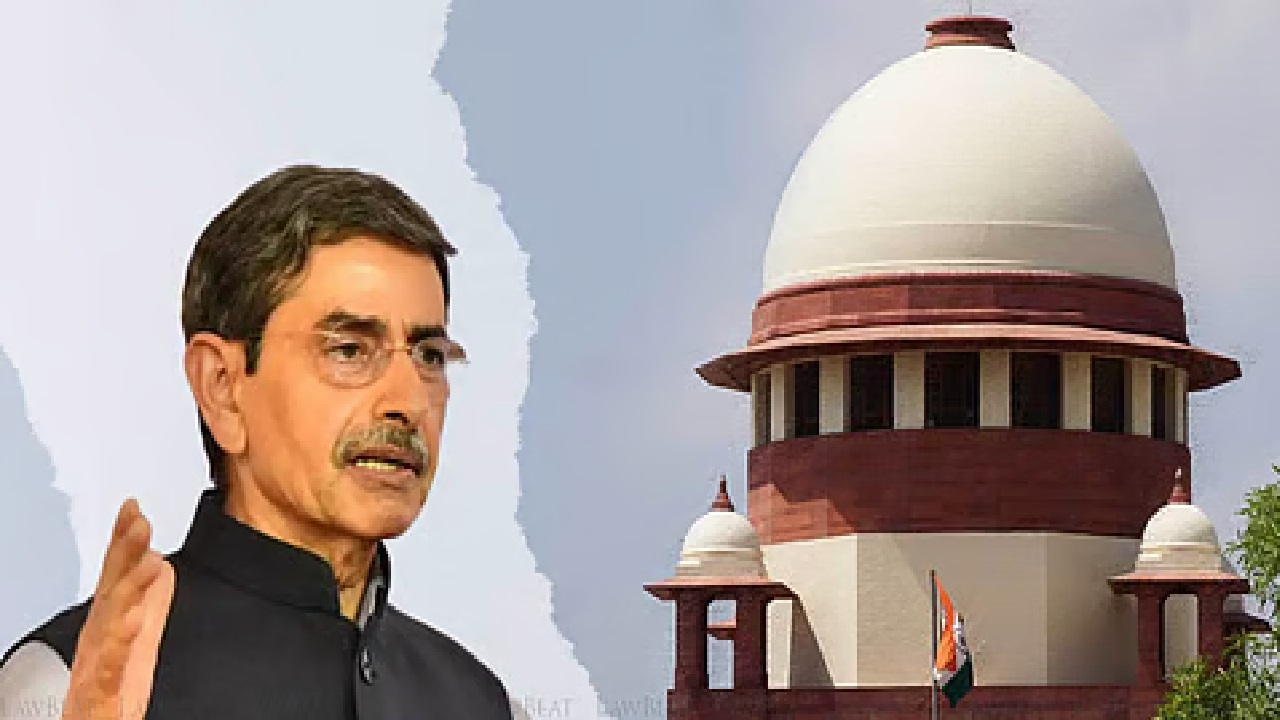Sheikh Hasina, the ousted Prime Minister of Bangladesh, now finds herself at the center of grave legal battles, as a complaint was lodged against her and 26 others, including former ministers from her Cabinet, with the country’s International Crimes Tribunal (ICT). The charges are severe, accusing them of genocide and crimes against humanity during recent violent events that followed widespread student protests. These protests were primarily against a controversial government job quota system but soon escalated into a broader movement calling for Hasina’s resignation.
The Complaint and Key Figures
Md Abul Hasan, the father of Shahriar Hasan Alvi, a young protester killed during the student-led anti-discrimination movement, filed the complaint on Monday. The complaint not only targets Hasina but also names several of her close associates and 500 unidentified individuals, all accused of participating in or facilitating the violence. Among the key figures listed are former ministers Rashed Khan Menon, Obaidul Quader, Hasanul Huq Inu, and former Inspector General of Police Abdullah Al Mamun. Hasan’s complaint is supported by a collection of newspaper clippings and other relevant documents, which were submitted to the ICT’s investigation agency for review.
Backdrop of Student Protests and Hasina’s Ouster
The charges against Hasina are rooted in the events that unfolded during unprecedented student protests, which began as a response to the government’s job quota system. The protests quickly morphed into a broader movement, with students and other citizens demanding Hasina’s resignation, accusing her government of corruption and discrimination. The situation escalated into widespread violence, leading to Hasina fleeing to India on August 5 after stepping down from her position as Prime Minister.
The interim government, which took over following Hasina’s departure, has made it clear that it intends to prosecute those involved in the killings during the protests. The ICT has become the focal point for these legal actions, and the case against Hasina is one of the most high-profile ones to date.
Legal Proceedings and Growing Opposition
The ICT complaint against Hasina is not the first legal challenge she has faced since her ouster. Last week, another complaint was filed against her and eight others, accusing them of committing genocide and crimes against humanity during the student-led protests. The ICT has already commenced an investigation into these allegations, signaling the seriousness with which these charges are being pursued.
Additionally, two other murder cases were filed on Monday against Hasina and members of her former Cabinet, relating to the deaths of Liton Hasan Lalu and Tarik Hossain during the violent unrest that culminated in her government’s downfall. These charges bring the total number of cases filed against Hasina since her ouster to sixteen, marking a growing legal quagmire for the former leader.
Impact of the Unrest and the Interim Government’s Role
The violence that swept across Bangladesh following Hasina’s ouster has had a devastating impact on the country. Over 230 deaths have been reported in the aftermath of the protests, raising the total death toll to more than 600 since the movement began in mid-July. The scale of the unrest has put enormous pressure on the interim government, which has been tasked with restoring order and guiding the country through this tumultuous period.
The interim administration, led by 84-year-old Nobel laureate Muhammad Yunus, has promised to pursue justice for the victims of the violence. Yunus, who is widely respected for his work in social justice and economic development, has taken on the role of chief adviser in the interim government. His leadership is seen as crucial in navigating the country through the legal and political challenges that lie ahead.
Bangladesh remains in a state of uncertainty as the legal cases against Hasina and her associates unfold. The ICT’s investigations and the mounting number of charges against the former Prime Minister reflect the deep divisions and unresolved tensions within the country. The outcome of these legal proceedings could have significant implications for Bangladesh’s political landscape and its path toward stability.
As the interim government works to address the immediate challenges, the people of Bangladesh are left to grapple with the legacy of the protests and the violence that followed. The coming months will be critical in determining whether the country can move beyond this period of turmoil and towards a more peaceful and just future.
(With inputs from agencies)








